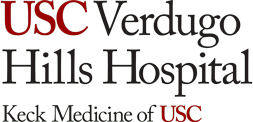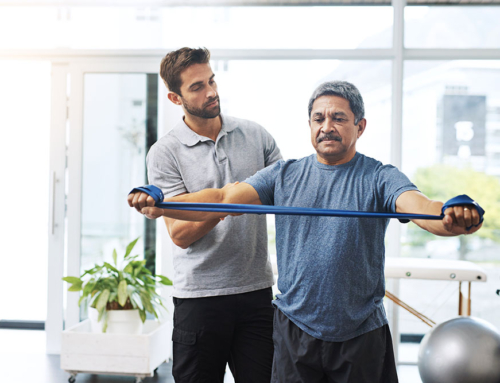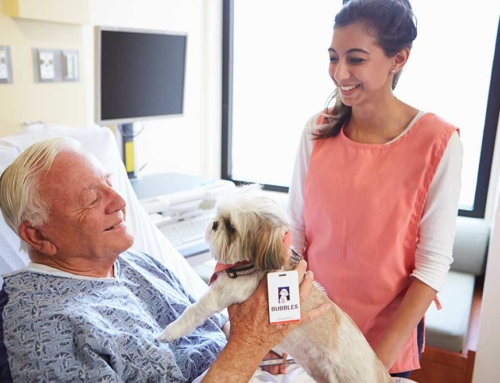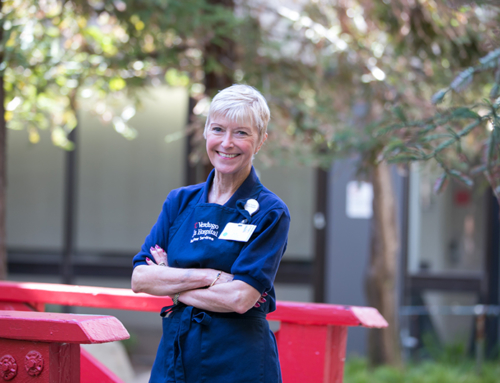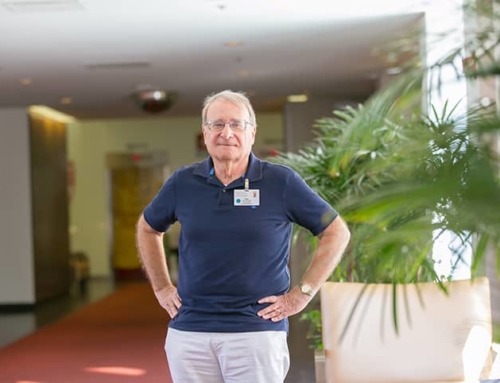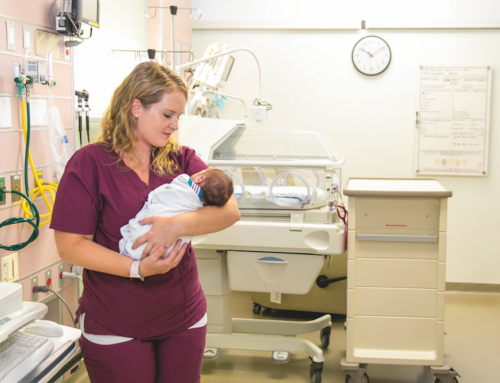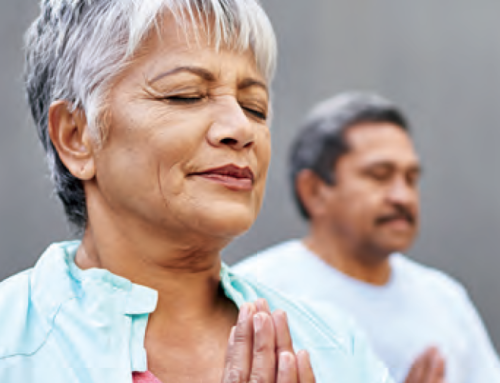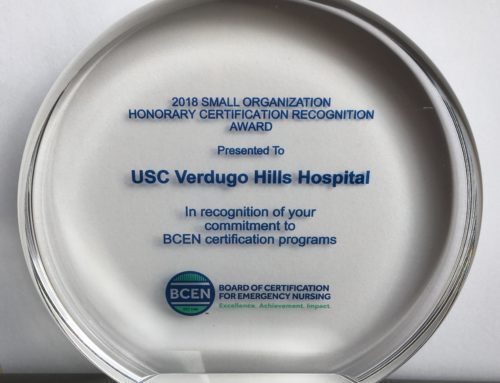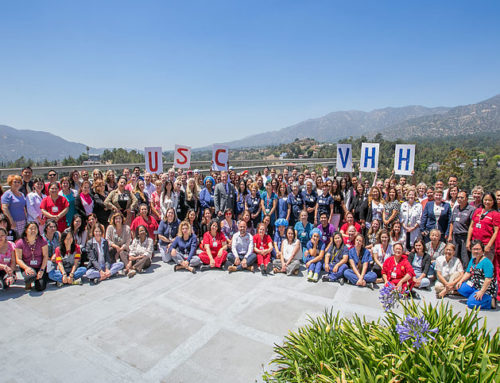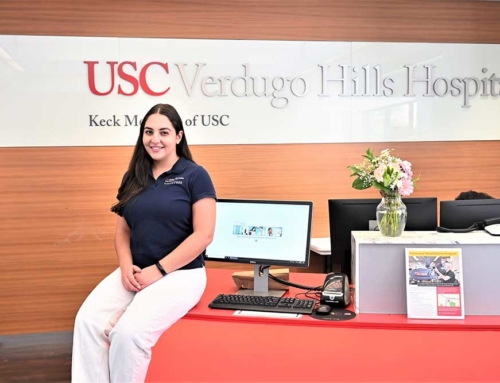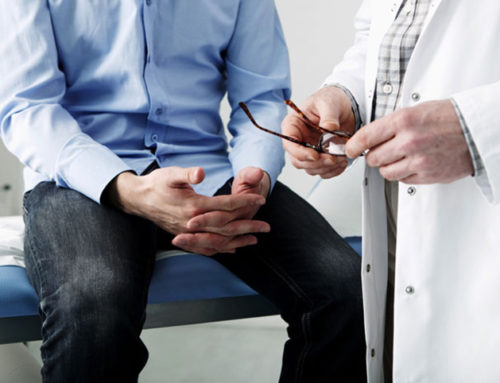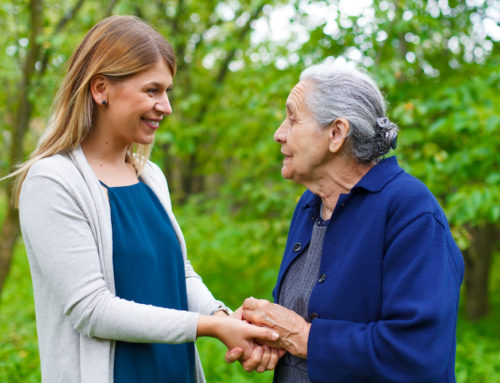USC Verdugo Hills Hospital launches a public education campaign on the proper use of antibiotics.
The overuse and inappropriate use of antibiotics has long been a concern among public health officials because it creates antimicrobial resistance, a situation in which bacteria that make people sick no longer respond to common medications such as antibiotics.
According to experts from USC Verdugo Hills Hospital (USC-VHH), antimicrobial resistance is one of the most important infectious disease threats of modern times — one that seems to have gotten far less attention than it merits since the beginning of the COVID-19 pandemic. The U.S. Centers for Disease Control and Prevention estimates that at least 2.8 million people in the U.S. acquire antibiotic-resistant infections every year, and more than 35,000 people die as a result.
Against this backdrop, USC-VHH has launched a program to educate the public about the appropriate use of antibiotics in the hope that people will understand that antibiotics are not always the best treatment and that they should not seek them when they have a viral infection such as the common cold, the flu or COVID-19.
“Our goal is to help the public understand how to properly use antibiotics,” says Valerie Mesaros, PharmD, director of pharmacy services at USC-VHH. “This is one way to help protect our community against the real and concerning threat of antibiotic resistance.”
Mesaros notes that many people do not realize that antibiotics are only effective against bacterial infections and do not treat viral infections, which include flu, COVID-19, the common cold and RSV.
“The majority of upper respiratory tract infections in the community are caused by a virus, and symptoms usually self-resolve within a few days,” says Mesaros. “Many people believe that taking an antibiotic will help speed their recovery, but that is not true.”
According to Mesaros, it is also important to follow the prescription exactly as prescribed. Stopping an antibiotic regimen prematurely, without consulting your physician, can give the bacteria an opportunity to reproduce, making you sick again and causing you to develop resistance to that antibiotic. Likewise, using or sharing previously unused prescribed antibiotics for self-treatment of new symptoms must be avoided.
She notes that not only does taking antibiotics when it is not appropriate do nothing to help eliminate the infection or alleviate its symptoms; it can do harm. People can experience side effects from taking unnecessary antibiotics, such as diarrhea or allergies. Antibiotic misuse can cause changes in the balance of bacteria in the gut, which makes people prone to more serious infections like Clostridium difficile.
“Your physician will only prescribe antibiotics if you need it,” says Mesaros. “It is important that people learn to trust their physicians and their expertise, because antibiotic resistance is a real threat, and we don’t want it to become our next pandemic. We still have the power to fight the effects of antibiotic resistance by judiciously using antibiotics as well as treating infections with the appropriate therapy.”
The experts at the USC-VHH offer treatment for a wide variety of conditions. Call (800) USC-CARE or request an appointment to get the most appropriate care for your needs.
